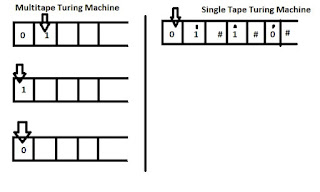Blockchain is said to be immutable, meaning that a give transaction can not be changed if it is already in the blockchain, because the whole structure is secured by crypthograhical hashes, that can not really be broken. However it is important to note that the immutability is not necessarily a pure cryptographical guarantee, it might depend on cryptoeconomical perspectives as well. Like in a proof of work system, a long range attack, meaning building up the whole blockchain from the genesis block, or from the block of the given transaction cost a lot of computational power but not impossible. Especially if we can take into account that the mining difficult might not always increase, but it might decrease as well. Similarly in a proof of stake scheme a long range attack cost a lot of money, however that is not a cryptographical guarantee.
As a consequence blockchain immutability is not necessarily a cryptographical guarantee but it might be a cryptoeconomial one, depending on the used consensus algorithm. So instead of saying that it is computational impractical to change a recorded transaction, we claim something weaker, like it cryptoeconomically impractical (or not profitable) to change a recorded transaction.




